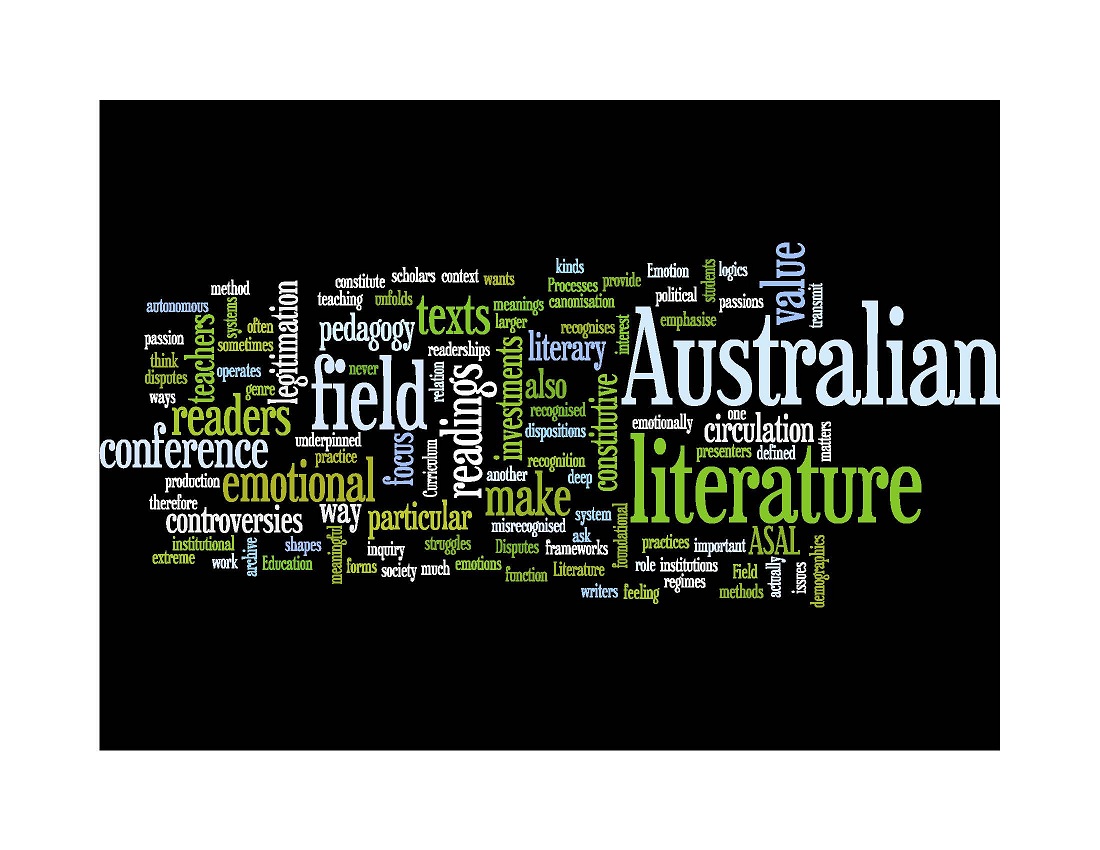The ‘hermeneutics of equivocation’ in JM Coetzee’s Elizabeth Costello
Keywords:
J. M. Coetzee, Alain Badiou, Jacques LacanAbstract
Much has been made of the purported insignificance of the postscript that appends JM Coetzee’s eleventh novel, <em>Elizabeth Costello</em>. In <em>J.M. Coetzee’s Austerities</em>, Graham Bradshaw writes that ‘Apart from some searching pages in an essay by Lucy Graham on “Textual Transvestism”, Coetzee’s “Letter” has barely been discussed, and when it became the “Postscript” to Elizabeth Costello one reviewer complained that it had no connection with that work’. In “The Subject and Infinity”, the French philosopher Alain Badiou re-evaluates Jacques Lacan’s notorious formulas of sexuation to argue that ‘Lacan only summons the infinite to dismiss it.’ What Badiou wants to do then is give ‘full recognition to the existence of the infinite’ and to insist that ‘the infinite of inaccessibility is not adequate. What must be discovered is the affirmative force of the infinite, which is always lodged in some axiomatic decision’ (227). This essay argues that the reader needs to axiomatically decide to further investigate the seemingly nonsensical inclusion of the Postscript in Coetzee’s <em>Elizabeth Costello</em>, in order to encounter this affirmative force.Downloads
Issue
Section
Articles
License
The copyright for articles in this journal is retained by the author(s), with first publication rights granted to the journal. By virtue of their appearance in this open access journal, articles are free to use with proper attribution in educational and other non-commercial sectors.Attribution-NonCommercial-ShareAlike 2.1 Australia
This work is licensed under the Creative Commons Attribution-NonCommercial-ShareAlike 2.1 Australia License. To view a copy of this license, visit http://creativecommons.org/licenses/by-nc-sa/2.1/au/ or send a letter to Creative Commons, 543 Howard Street, 5th Floor, San Francisco, California, 94105, USA.
How to Cite
The ‘hermeneutics of equivocation’ in JM Coetzee’s Elizabeth Costello. (2012). Journal of the Association for the Study of Australian Literature, 12(1). https://openjournals.library.sydney.edu.au/JASAL/article/view/10194

